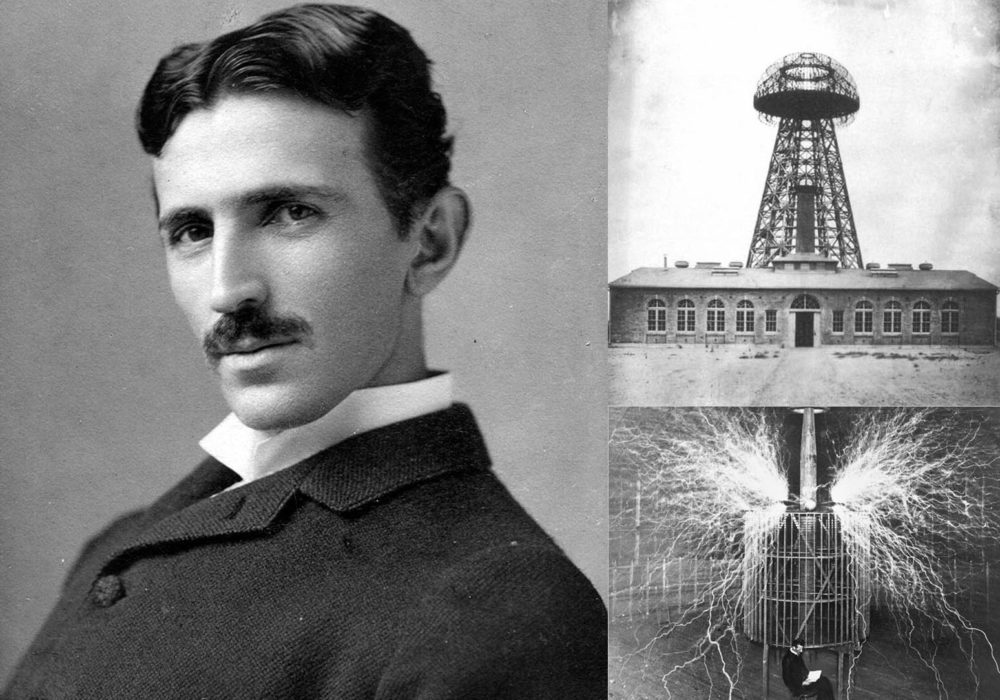When Money and Corporate Profit Become Irrelevant: A Vision of Resource-Based Living
Imagine a group of people stranded on an island. Among their possessions are gold, diamonds, and wads of cash. Yet, without access to food, water, or shelter, their wealth holds no value. What matters in this scenario are the island’s resources and the ingenuity to utilize them. This simple thought experiment highlights a profound truth: money is irrelevant in the face of survival unless it is tied to the control of scarce resources.

In the broader context of society, this principle reveals an even deeper issue: our dependence on money and the corporate profit system that perpetuates it. Both are constructs designed to mediate scarcity. But what if we could reimagine an economy where neither money nor profit was necessary?
The Illusion of Wealth in a Scarcity-Driven System
Money exists because we’ve agreed to use it as a medium for distributing limited resources. It is not a natural resource, nor does it represent one. Instead, it’s a social convention, a placeholder for value in a system where scarcity governs access. Corporate profit, likewise, thrives on the manipulation of scarcity—whether real or artificial. Companies profit by creating demand for goods, limiting supply, or both, ensuring that resources flow not to those in need, but to those who can pay.
Air and water exemplify the absurdity of this model. In abundance, they cannot be commodified or sold, despite their essential value to life. But when corporations step in to bottle water or control access to clean air, these once-free resources become monetized under the guise of scarcity. The result is a system that values profit over humanity’s collective well-being.

Replacing Money and Profit with Resource Management
A resource-based economy (RBE) offers a compelling alternative. By focusing on the equitable and intelligent management of resources, it eliminates the need for money and the profit motive altogether. In an RBE:
- Resources Are Shared
- All resources are treated as the common heritage of humanity. There is no private ownership of resources; instead, they are managed collectively to meet everyone’s needs.
- Technology Optimizes Distribution
- Advanced technologies and data systems ensure that resources are produced and distributed efficiently, eliminating waste and redundancy.
- Production Is Need-Based, Not Profit-Driven
- Without the profit motive, production shifts from creating excess to meet financial goals to fulfilling the actual needs of communities.
- Abundance Eliminates Scarcity
- By prioritizing sustainable practices and innovative solutions, an RBE creates abundance, rendering money and profit obsolete.
The Unnecessary Burden of Corporate Profit
Corporations are often seen as drivers of innovation and economic growth. However, the profit motive frequently leads to inefficiencies and harm:
- Artificial Scarcity: To maintain high prices, corporations may limit the availability of essential goods, from housing to medicine.
- Environmental Degradation: Driven by the need to maximize profits, corporations exploit natural resources unsustainably, leaving a trail of environmental destruction.
- Inequality: Wealth generated by corporate profits is rarely equitably distributed, exacerbating social divides.
In a resource-based economy, these issues disappear. With no need to turn a profit, resource management prioritizes sustainability, equality, and human well-being.
A World Without Money or Profit
Picture a world where access to clean water, nutritious food, housing, and healthcare is a given—not because you can afford them, but because they are produced and distributed for the benefit of all. Envision communities collaborating to solve problems, freed from the competitive constraints of capitalism. Imagine a society where innovation flourishes, not to create profit, but to improve quality of life.
In this world, money is irrelevant, and corporate profit is unnecessary. True wealth lies in the resources we share and the systems we create to ensure their equitable use. By shifting from a monetary economy to one based on resources, we can achieve sustainability, equality, and a higher standard of living for all.
The Time to Rethink Is Now
The systems of money and profit have outlived their usefulness. They were created to mediate scarcity, but they now perpetuate it. A resource-based economy offers a pathway to transcend these limitations, building a society where survival and prosperity are guaranteed for all.
The future doesn’t have to be governed by the constraints of money or the drive for profit. It can be one of abundance, fairness, and shared progress—if we are willing to reimagine what is truly possible.
We CAN do better
An alternate to Alternative Energy
The Suppression of Innovation: What Could Have Been Solar, wind, hydro—these energy sources are often heralded as the cutting-edge solutions to our global energy needs. Yet, they pale in comparison to some of the revolutionary technologies that have been suppressed in...
Time to Unincorporate
Dismantling the Corporate Veil: A Call to Reclaim Responsibility. For far too long, the legal framework around corporations has allowed individuals to hide behind artificial entities with devastating consequences. The concept of corporate personhood, while convenient...
Puzzled
If you're puzzled why the world is in trouble, it's time to look outside your bubble. If there is one solution that anyone can accomplish to help pave the way to a better future, this could be it...look at the bigger picture. Many in society are stuck in echo chambers...
Why we need to think bigger
Some may say the system is broken...I would argue, the system works precisely as intended. We live in a world of systems that keep society confined to a box. Those that control these systems (the 'elite' 1%) have designed it in such a way to enrich the elite directly...



